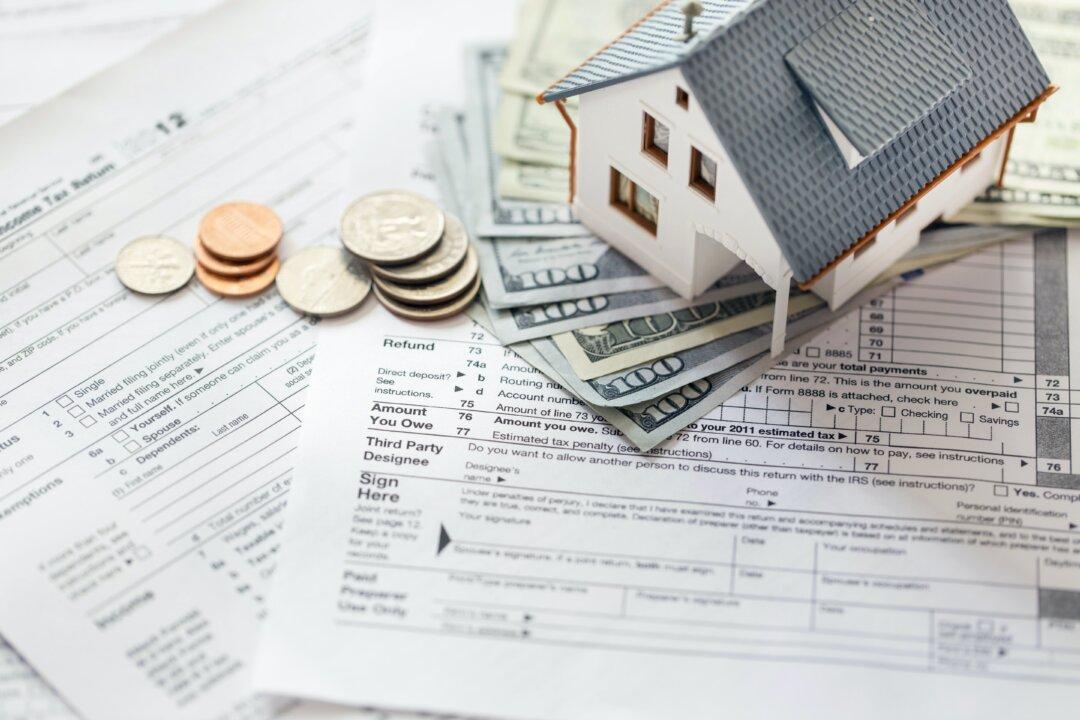Dear Monty: We recently sold our home. We have prepared and filed our tax returns in the past. Next year for our 2023 return, we are considering having an accountant file our return. Adding a home sale into the tax forms is a bit intimidating. Our primary concern is regarding what is tax deductible when selling a home. We would appreciate your insights.
Monty’s Answer: Interpreting the tax code can be a challenging task. Selling a home is likely the most complicated task in the code for the average taxpayer. IRS Publication 523 is one of many publications published by the IRS. It is a guide to inform homeowners who are selling their homes.





